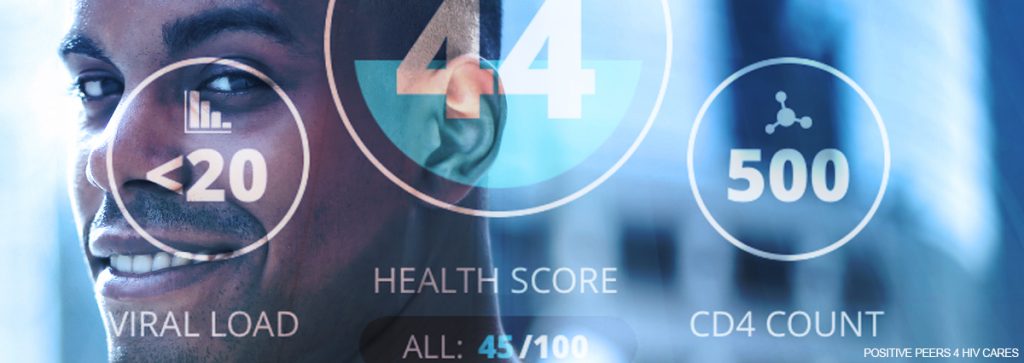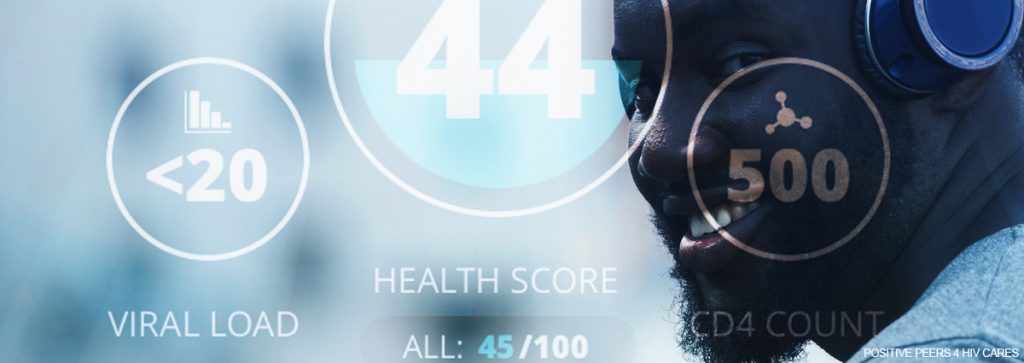
By: Jennifer McMillen Smith, LISW-S, HIV Social Worker at MetroHealth Medical Center and medically reviewed by Ann K. Avery, MD, Infectious Disease Physician at MetroHealth Medical Center
Congratulations! Getting back into HIV care is the best thing you can do for yourself.
One thing that HIV teaches you is that it doesn’t matter what you’ve done in the past. What’s important is what you’re deciding to do today. If you got stopped with your HIV treatment — or you never got started — it’s never too late to get back on track.
Let’s talk about some specific steps for getting back into HIV care.

Talk to your doctor
You might be worried that your doctor will judge you, lecture you, or say, “I told you so.”
Your doctor isn’t here to judge you. They just want to help you get as healthy as you can be and stay that way.
But let’s imagine a worst-case scenario: The doctor gives you the side-eye, talks down to you, and gives you a hard time about stopping treatment. The good news is that you can always get another doctor.
But you’ve only got one life. And life’s too short to let other people’s BS intrude on your ability to be healthy and happy.
Any doctor worth having will tell you straight away what you should do next. It’ll probably involve blood tests. It might mean different medications and new instructions for taking them.
Resuming your HIV treatment puts you back in charge of your life. That feeling of being your own boss builds self-confidence, which helps you thrive in relationships, in a career, at school — pretty much everywhere.
Come join our private, stigma-free, supportive community.
Health management tools with medication & appointment reminders.
Social networking in a community conversation & private chats.
Reconnect with your social worker
Social workers talk to people living with HIV every day. They hear it all, so there’s not much chance your story will be anything new.
So, get to know your social worker again and take some time to talk through why you went off your meds. Were they too expensive? Causing too many side effects?
Did you have a hard time remembering to take them every day? Did other things keep taking priority?
Maybe it was something else, like homelessness, addiction, or mental-health issues.
Your social worker can help you identify the factors that caused you to take a break from treatment. When you know those causes, you’ll be prepared the next time you feel tempted to take a break.

Create goals and stick to them
Goals give structure to your life. They help you decide to do the right thing and avoid the wrong thing.
A goal could be as simple as saying you’ll take your medication every day exactly as prescribed. But the best goals are more complex, combining a collection of things you want to do with your life.
Some people like to separate things into goals and objectives. The goal is where you want to go, and the objectives are points along the way. So, if your goal is to resume your HIV treatment, then your objectives could be talking to your doctor, meeting a social worker, and formulating a plan to help you stay on your meds.
These are more advanced goals and objectives:
| Goal | Objectives |
| Track vital health data | Work toward a higher CD4 count and lower viral load |
| Join a support group | Learn how people stay on their meds; organize an activity |
| Start exercising | Workout for 30 minutes at least three times a week; join a gym |
| Eat better | Add more veggies to your diet; eat less fast food |
Write down your goals and objectives, and start creating daily to-do lists to stay on your game. More of a techie? Our Positive Peers app lets you do all of this and more!

Any time is the right time to resume HIV treatments
It’s never too late to get back into care. Making the decision to start treatment means that you’re taking control of your life and your health so that you can get back the years that HIV could have taken away from you.
Getting started again can be overwhelming, but don’t get discouraged! You’ve got this!
Related Blogs:


